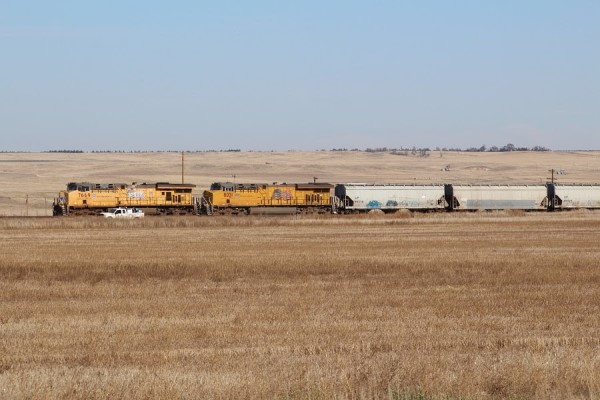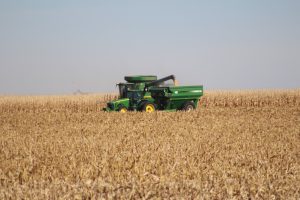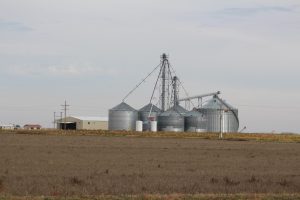Wheat Organizations Welcome Reopening of Border Rail Crossings

U.S. Wheat Associates (USW) and the National Association of Wheat Growers (NAWG) are pleased that the U.S. Customs and Border Protection (CBP) agency reopened rail crossings in El Paso and Eagle Point today.
These rail corridors are essential gateways to many loyal flour millers and their wheat food customers in Mexico who rely on the interconnected U.S. and Mexican rail system for a reliable source of high-quality U.S. wheat. Even short disruptions in this system can have significant negative effects on both sides of the border.
We trust CBP will take the steps needed to avoid rail closures in the future, and we are grateful for their efforts to maintain border security and facilitate lawful trade.
———————————-
Following intense scrutiny and repeated calls from U.S. Senator Roger Marshall, M.D. and his GOP Senate colleagues, U.S. Customs and Border Protection (CPB) announced Friday that it would resume rail operations in Eagle Pass and El Paso effective immediately.
“The Biden Administration creates one crisis and tries to ‘solve’ it by creating another crisis,” said Senator Marshall. “Monday’s ill-advised decision left millions of dollars of goods, many from Kansas, stranded on the tracks right before Christmas. We immediately started demanding answers from CBP and explaining the ripple effect of this decision on international commerce. We shared the stories we were hearing from our Kansas agriculture, rail, and automotive industries about the detrimental impact the railroad closure was having on their bottom line. I am glad the Biden Administration now understands that you can’t close down major rail routes overnight- but I do remain very concerned that international commerce and many people’s livelihoods in rural America was an afterthought to this Administration.”
Without any prior notice, the El Paso and Eagle Pass railroad crossings were abruptly closed by DHS’s Customs and Border Protection on Monday. The move stifled international commerce and left millions worth of goods, including agriculture commodities grown in Kansas, stuck in limbo, hurting producers’ bottom lines right before the holidays.









